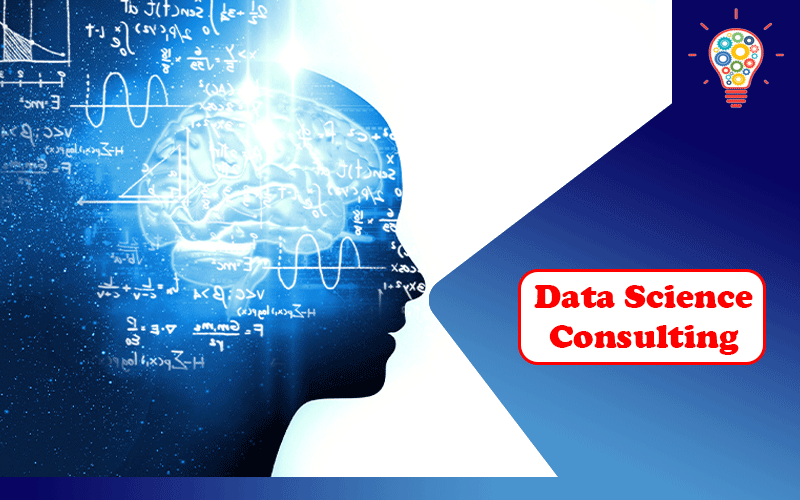The monthly popular science magazine Harvard Business Review, published by the Harvard Business School, called Data Scientist “the most desirable profession of the 21st century.” People are attracted by the variety of tasks solved by employees of this profile and high salaries. ManagBut it happens that doctors of science are also involved in data processing.
Table of Contents
What is data science?
Literally translated, data science is the science of data. It allows you to process large amounts of information, visualize research results, and use the findings in further work.
There are two stages of the process:
- Data. At the first stage, the collection, storage, processing of data takes place with the extraction of useful information from the general array. It takes up to 80% of the specialists’ working time.
- Science. Using methods of statistics, optimization, machine learning, information is analyzed, formulating useful patterns for subsequent use.
What kind of specialists work with data
ELT specialists work at the stage of processing unstructured information and transforming it into databases. These include:
- Data Engineer, whose task is to ensure the integrity and safe storage of information bases;
- backend developer – responsible for maintaining the databases in a functional form;
- the database architect plans to store the collected information.
When analyzing arrays of information, you need to extract as much useful data as possible. These goals are realized:
- data analyst – processes information to solve a problem using statistical methods, experiments, gives forecasts for the future;
- date scientist – receives information from various sources to establish patterns and business development;
- Bl-analyst – using ready-made solutions, he is engaged in their visualization;
- ML-specialist – knowing programming languages and putting forward hypotheses, develops analysis algorithms.
Data Scientist Specialization
The full functionality of a Scientist depends on the direction of the enterprise where the specialist works.
Main job responsibilities:
- data science consulting services;
- collection of information from different channels for further analysis;
- studying the effectiveness of sales;
- analysis of all kinds of risks;
- preparation of periodic and one-time reports with visualization of the results obtained and forecasting indicators for the future;
- detection of fraudulent schemes for dubious transactions.
A good specialist in this industry differs from a beginner in the ability to identify logical chains in the general mass of information, offering management the best business solutions.
What languages are worth learning
To work in the field of scientific processing, you should learn programming languages. Common among newcomers to Python and R. Analysts also use Java, SQL, Scala.
Python
The language was created in 1991, the name python is common in Russian. Has a free license.
Benefits:
- ease of learning;
- reliability;
- wide distribution guarantees developer support.
Among the shortcomings, users note the appearance of error messages due to the dynamic typing of the language. For the narrow purposes of statistical analysis, it is inferior to the R language.
R
The R programming language appeared in 1995. The license is free.
Pros:
- variety of specialized open source packages;
- the availability of a large number of statistical functions;
- vivid data visualization.
The R language is not suitable for general-purpose tasks due to its statistical specialization.
It is characterized by the slowness of information processing.
Read Also: 7 Crucial Steps of the Software Development Process

